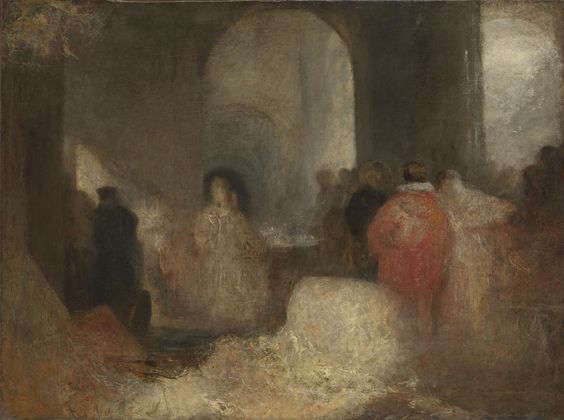
My forth novel. Manuscript completed 2016.
Annabelle Marshal leaves the life of a country gentleman’s daughter and becomes exposed to the best and worst of the upper classes when her real father, a man of power and fortune in London, reclaims her. Ann hates the idea of the city, especially the young ‘dandies’ who are more style than substance. But she has yet to meet dashing, young Tom Barnes.
The following is an exchange between our hero Ann as she is being brought to London for the first time by her father’s friend Lady Harrington. Also see my Society & Civility board.
Ann felt a desire to turn the topic off herself. She shook her head and said, “So, your Ladyship, were you well acquainted with your husband’s circle from Oxford? I mean, from the beginning.”
Lady Harrington said, “As much as any woman could be in those days. It was a rancorous ‘boys club’ and Mr. Ranquest in particular eschewed any ladies in the mix. Charles married quite early but his wife had the good sense to stay away from that bunch. But after they all left university, we were married, Lord Harrington and I, and his Lordship rather insisted I be admitted into all conversations, and as Ranquest was married too by that point, he could hardly object.”
“What sort of man is he? My father has shared bits of his letters with me, and I take him to be an exceedingly productive and busy sort of man — and I know he is kind — but I can’t quite make him out in my mind.”
Lady Harrington watched the trees pass by outside the window for a long moment. When she turned back she said, “Mr. Ranquest is a man who has taken great wealth, as great as Barnes’ and turned it into something more through investment and speculation. And many wonderful new and essential buildings have been raised in London through his imagination and good will. He is a handsome man and a favorite at his club and yet for all the good he does out in the world, he has very little of it to rely upon when he returns to his own home.”
“But you said he had a wife—”
Lady Harrington said, “Yes, that is the problem. He ‘had’ a wife. She died so young and then he either could not bear the thought of taking another, or could not be bothered to find one — I have never been quite sure which.”
Ann said, “And he has no children?”
“There is at this point no heir to the Ranquest fortune.”
Ann said, “Why has he always been so kind to us?”
Lady Harrington replied, “I’m sure only he can answer that. But you must understand that for all his place and property in Dorbeset, Mr. Marshal is well beneath Mr. Ranquest, Mr. Barnes, and Lord Harrington in material assets. Do not make yourself uneasy dear — he is a gentleman through and through — he only appears poor when compared to such friends — three of the wealthiest men in England. But surely a bunch of old men will not be the most interesting thing in London to you.”
Ann made an ill face without intending to do so. “If you mean ‘young dandies’, I’ll leave others to my share.”
Lady Harrington said, “You have formed a very strong bias. How many ‘dandies’ have you encountered and must every young man in London pay for their scandalous ways?”
Ann grew bold. “I’ll have you know that, in the seaside towns, I’ve had no less than, uh, eight dandies pointed out to me and each looked a cockscomb and a fool.”
“And how did you find them in conversation?”
Here Ann blushed.
Lady Harrington continued, “You will find the young men of London like young men everywhere: they are each a world unto themselves and each unique in his thoughts and desires. You would not want to be counted among the number of ‘country girls’ I presume. As you are you, they are they.”
“Yes but — a lot of them are silly, are they not? And trying to catch a rich girl?”
Lady Harrington said, “Only as many as there are silly young girls trying to catch a rich man. Youth makes them trivial and situation makes them desperate. But you see yourself as above them.”
Ann’s face reddened. “I’m sure I’m no better than they would be given my advantages. I shalln’t ever have to marry if I do not wish it, Father has assured me of this, and so I plan to act in ways that are — if at all possible — neither silly nor desperate.”
Her Ladyship nodded. “If but we could keep such promises to ourselves. Trust me my dear, you will act in time both from need and in some very foolish ways, but if you are lucky, you will outgrow it.”